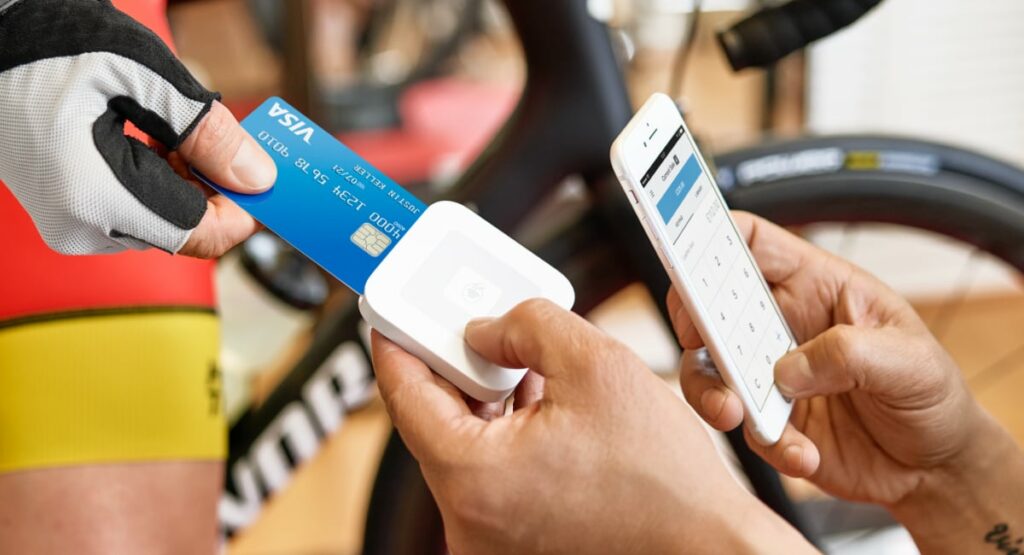Prepaid credit cards, also called prepaid debit cards, are quite popular in today’s world. These cards work in the same way as debit cards and credit cards, only that you don’t need to link them to a checking account or a line of credit. Prepaid cards are particularly ideal for business because they can help control expenses while offering employees a convenient way to make business payments. In this article, we’ll delve into why prepaid credit cards might be the right payment option for your business.
Helps Control the Risk of Overspending
Overspending can be tempting when dealing with credit cards. In fact, numerous studies found that consumers spend more when paying with a credit card than they do with cash. The idea of “buy now pay later” is often hard to resist. A prepaid credit card reduces the risk of overspending by allowing you to set a spending limit for your expenses. You can only spend the amount of money you deposit into your account. After that, you’ll have to reload to spend more money.
A Better Alternative to Cash Payments
Prepaid card payments are more convenient than cash payments. First off, you don’t need to be physically present to make a payment. Secondly, they are a safer payment method. Unlike cash payments, purchases made with business cards are recorded. The transactions are traceable. You can easily monitor your expense data in case you need to document or settle a dispute.
Easy to Register and Deposit Money
Registration for a prepaid card is fast, easy and hassle-free. Unlike debit cards, prepaid cards do not require you to have a bank account during registration. And unlike credit cards, the card provider does not run a credit check on you to assess your creditworthiness. It does not matter whether you are debt-free or head over heels in debt. You can still register for a prepaid credit card. Once you register, you can load your card by making a quick deposit through a bank or cash transfer.
Allow and Set Limits for Employee Spending
A prepaid credit card gives employees freedom when spending business money. Your employees have a convenient way to pay for business expenses, and you won’t have to tell them what they can or cannot buy. All you need to do is give them a prepaid business card. Since they can’t overspend, they will stick to the pre-loaded amount. Some card providers can offer you as many prepaid business cards as your business requires.
Sync to Your Business Accounting Software
Manually entering your expenses data into your accounting books can be burdensome. It requires you to keep track of ledgers and invoices, which increases the chances of errors. With prepaid credit cards, you can integrate the card to your business’s accounting software, whether QuickBooks, Sage, Xero or NetSuite. Any transaction that happens on the card is automatically logged in to the accounting software. Automatic data entry saves you time and ensures you don’t miss your fiscal or quarterly review deadlines.
Employees Have No Access to Business Accounts
If your employees have to make regular business payments, giving them access to business bank accounts is something to do with care. You might have to interview them to assess their trustworthiness then properly vet them on how much they can spend. With a prepaid card, you won’t have to give employees access to business accounts. Just give them a pre-loaded prepaid card that limits the amounts they spend and how they spend it. It reduces the risk of overspending, unauthorized account purchases, or worse, theft.
Closing Remarks
Prepaid cards can help your business limit its spending. Registration for these cards is free and doesn’t require your business to have a checking account or line of credit. If your business relies on employees to make business expenses, prepaid cards might be the best option. You won’t have to give your employees access to business bank accounts, and even better, you can sync the card to your accounting software for real-time automatic data entry. To sum it up, Prepaid cards make doing business easier while offering you a convenient way to make payments for expenses.
